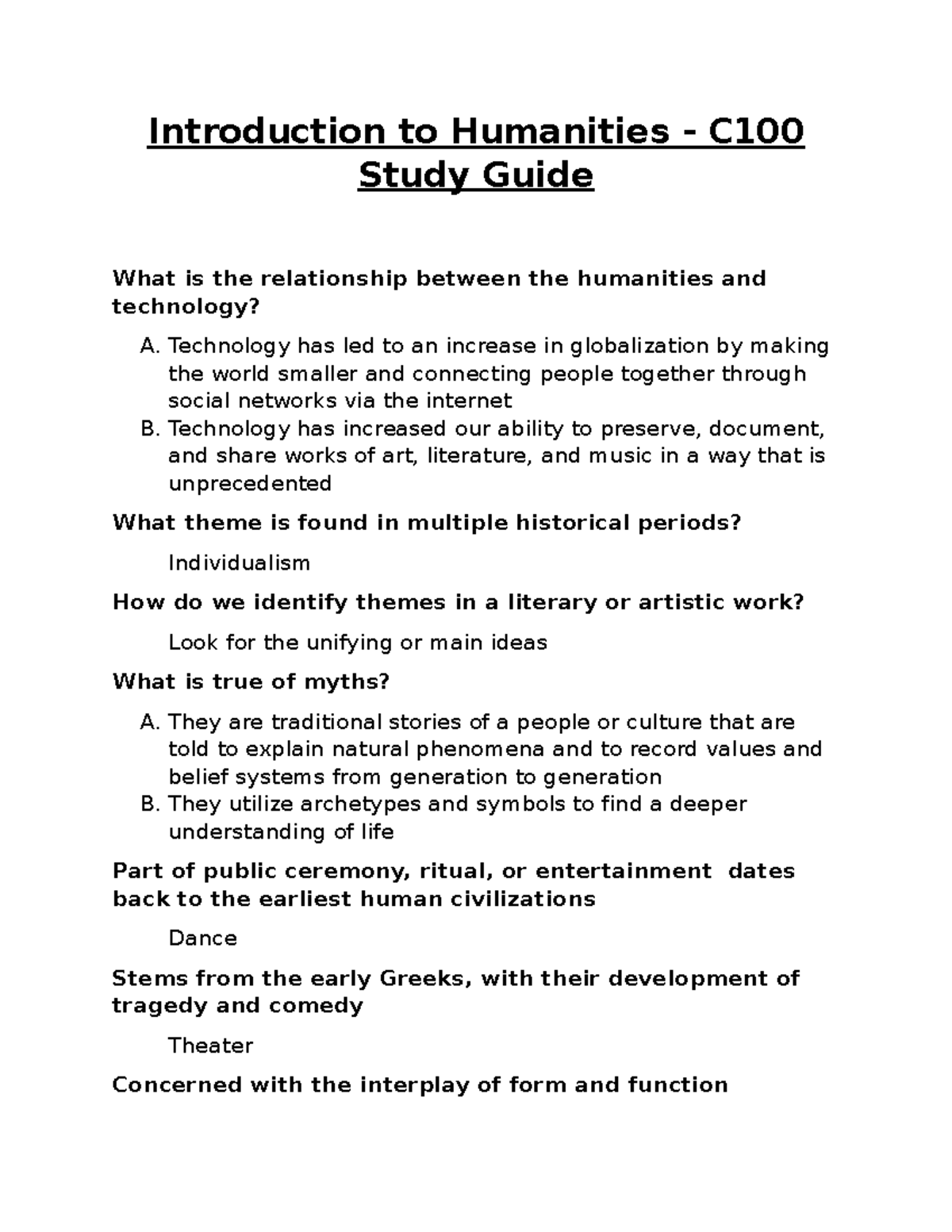Celeste Ng, a prominent figure in contemporary Asian American literature, continues to captivate readers with her thought-provoking narratives. Her latest novel, “Our Missing Hearts,” plunges into a dystopian world that eerily mirrors current societal issues, particularly regarding family separation and cultural identity. As a skilled storyteller, Ng expertly weaves her personal experiences into her fiction writing, crafting stories that resonate with themes of identity and belonging. Through her exploration of complex characters, she not only highlights the struggles faced by Asian American families but also poses significant questions about societal norms and relationships. With a keen eye for detail and a profound understanding of cultural tensions, Celeste Ng’s work invites readers into profound discussions about love, sacrifice, and the fight for justice.
Exploring the works of Celeste Ng reveals a rich tapestry of storytelling that transcends traditional boundaries of Asian American narratives. Her keen insight into human relationships unfolds in narratives that challenge and engage, often revealing undercurrents of societal issues such as ethnicity, belonging, and the consequences of personal choices in a politically charged environment. In “Our Missing Hearts,” Ng paints a picture of familial bonds against a dystopian backdrop, prompting readers to reflect on the deeper implications of social stratification and cultural identity. Through the lens of fiction writing, she navigates the delicate balance between individual desires and collective responsibilities, making her stories not only personal but also universal in their appeal. This unique approach ensures that her contributions to the genre of dystopian novels resonate powerfully, offering both hope and a call to awareness.
The Dystopian Realities in Celeste Ng’s ‘Our Missing Hearts’
In ‘Our Missing Hearts’, Celeste Ng explores a future where the very fabric of society is challenged by paranoia and censorship. This dystopian landscape mirrors growing concerns about civil liberties in our own world. Her narrative revolves around a mother and her biracial son, navigating a society that punishes unpatriotic behaviors, which perhaps reflects the ways current socio-political climates can distort familial ties. As Ng writes about the consequences of state surveillance and the persecution faced by Asian Americans, she touches on themes of belonging and identity that resonate deeply within the realms of current events and historical precedents.
The novel does not just serve as a cautionary tale; it also pushes readers to reflect on their own realities through the lens of fiction. Ng’s ability to intertwine the personal with the political exemplifies the power of Asian American literature in shaping discourse. By depicting the struggles her protagonists face, Ng asks her audience to consider how similar divisions exist in contemporary society, urging a critical examination of our values and priorities.
The Impact of Asian American Literature in Contemporary Contexts
Asian American literature has gained recognition as a vital part of contemporary narratives that challenge mainstream perceptions. Celeste Ng’s storytelling pushes against the boundaries of traditional fiction writing by exploring the intricate dynamics of race, culture, and personal struggle. As seen in ‘Our Missing Hearts’ and her previous works, Ng illustrates the complexities faced by Asian Americans, especially in times of crisis. This literature serves as a gateway to understanding the shared experiences that bind communities, fostering empathy and awareness among diverse audiences.
Furthermore, this genre explores themes not limited to ethnicity, allowing for a broader dialogue on identity and human experience. By emphasizing the unique narratives within Asian American experiences, writers like Ng combat tokenism while also challenging the notion of a singular narrative. This diversity reflects the reality that many different voices exist within one ethnic group, pushing the boundaries of fiction to include a multitude of perspectives and stories that intersect with various societal complexities.
Fiction as Resistance: Celeste Ng’s Advocacy through Art
In today’s climate, art often serves as a form of resistance, and Celeste Ng utilizes her platform to shed light on pressing issues. Her novel ‘Our Missing Hearts’ not only entertains but also educates, highlighting the significance of art in confronting societal injustices. Ng argues that literature creates a unique space for readers to engage with uncomfortable truths, making it an essential tool for activism. By addressing the violent realities facing the Asian American community, she amplifies voices that are often marginalized and creates a compelling dialogue on race and identity.
As Ng articulates, the role of fiction is to evoke emotion and provoke thought, potentially inspiring action in ways that can skirt the immediate reactions to news headlines. This capacity for emotional engagement allows literature to bypass some defenses that readers may set up in response to direct social commentary, making it a powerful medium for change. In depicting a fictional yet plausible future, Ng invites her audience to reflect critically on their own realities, urging them to recognize the prevailing injustices that demand our attention.
Exploring Themes of Motherhood and Sacrifice in Ng’s Work
Motherhood emerges as a central theme in Celeste Ng’s narratives, particularly in ‘Our Missing Hearts’, where the complexities of maternal sacrifice are crucial to the story’s heart. Through the character of Margaret, a Chinese American mother, Ng grapples with the tensions between parental responsibilities and personal aspirations. This interplay is not only a reflection of Ng’s own experiences but also a broader commentary on the sacrifices mothers make within increasingly hostile environments. By questioning what it means to be a mother in a dystopian world, she cultivates a rich exploration into identity, responsibility, and the nature of love.
Moreover, Ng’s exploration of motherhood resonates deeply with readers, as it highlights the universal struggles that transcend cultural boundaries. The sacrifices made by mothers in Ng’s narratives are emblematic of the often unseen burdens carried by parents everywhere, illustrating how personal narratives intersect with larger societal themes. In doing so, Ng encourages her audience to consider the implications of their choices and the broader impact of their familial relationships in the contexts of culture and politics.
Celeste Ng on the Artistic Process: A Journey of Discovery
Celeste Ng elucidates the intricacies of her writing process, emphasizing its exploratory nature. In crafting her narratives, the initial draft becomes a vessel for uncovering her core questions—unlike many writers who rely on meticulously planned outlines, Ng’s less structured approach allows for an organic development of thought. She candidly admits that her drafts often feel inefficient, yet this is the cradle of creativity where her true inquiries unfold. This process reinforces the notion that fiction writing is as much about discovery as it is about storytelling.
Ng also expresses a cautious stance toward the increasing role of AI in creative industries, prioritizing the human brain’s capacity for intimate contemplation and emotional engagement. By asserting the value of personal intuition and experience in her writing, she posits that the authenticity of the artist’s voice remains irreplaceable. The insistence on maintaining deeply personal connections in her stories elevates her work within the realm of Asian American literature, asserting that it is not merely a reflection of external circumstances but also an internal exploration of identity and connection.
The Influence of Social Commentary in Ng’s Novels
Social commentary is a vital element in Celeste Ng’s storytelling, especially in ‘Our Missing Hearts’, where she poignantly ties personal narratives to broader socio-political issues. By highlighting the experiences of Asian Americans, Ng critiques contemporary society’s tendency toward scapegoating and violence, particularly against marginalized groups. Her narratives often reflect the harsh realities faced by these communities, fostering dialogue around racism, identity, and the struggle for acceptance. Through her literary lens, she invites readers to engage with pressing issues that merit discussion and action.
In shaping these critical narratives, Ng accomplishes more than mere storytelling; she transforms her characters into vessels for social critique. Her exploration of themes such as anti-Asian sentiment, particularly in the wake of the COVID-19 pandemic, sheds light on misunderstood historical contexts and the repercussions of societal hate. By intricately weaving these discussions into her plots, Ng evokes a sense of urgency and invites her audience to reflect on their understanding of history and its implications in the present.
Navigating Identity and Authenticity in Celeste Ng’s Narratives
Celeste Ng’s narratives delve deeply into the exploration of identity, particularly the complexities that arise from her characters’ cultural backgrounds. By examining the nuances of being biracial in ‘Our Missing Hearts’, she brings to light the intersectionality often overlooked in discussions surrounding Asian American identity. The protagonist, Bird, navigates his mixed heritage while confronting societal expectations and prejudices, grappling with what it truly means to belong. Ng’s emphasis on authenticity in these narratives provides insight into the multifaceted experiences of Asian Americans.
Moreover, Ng critiques the dangers of a singular narrative—often perpetuated by mainstream media—that fails to encapsulate the diversity within the Asian American community. In addressing tokenism and the oversimplification of identities, she advocates for a broader representation of stories in contemporary literature. Her work challenges readers to acknowledge the plurality of voices that contribute to the Asian American experience, reinforcing the importance of sharing narratives that reflect the complexities of life beyond shared ethnicity.
The Role of Emotion in Celeste Ng’s Fiction Writing
In Celeste Ng’s fiction, emotion serves as a critical tool that connects readers to the characters and their struggles. The emotional landscapes created in ‘Our Missing Hearts’ provide a stark contrast to the harsh realities of the dystopian world, allowing readers to feel deeply for the characters, particularly the bond between mother and son. Ng proves that the ability to evoke empathy is essential in portraying the complexities of human relations, especially when navigating themes of sacrifice and loss. This emotional resonance is a hallmark of her writing, compelling readers to engage with the material on a visceral level.
The author’s exploration of emotion also extends to her commentary on societal issues, using personal stories as a lens to discuss broader realities. By focusing on the emotional experiences of her characters, Ng artfully illustrates how personal narratives can reflect shared societal challenges. This approach not only enriches her storytelling but also invites readers to confront their own feelings toward the societal dynamics presented in her work, making her fiction not just a form of entertainment, but a call for reflection and understanding.
Finding Hope Through Celeste Ng’s Engaging Storytelling
In concluding her discussion about ‘Our Missing Hearts’, Celeste Ng emphasizes the importance of hope within her narratives. Despite the bleak realities faced by her characters, she aims to inspire readers to find resilience and strength amid adversity. Ng’s stories underscore the belief that even in dystopian settings, hope can emerge as a powerful force for change. By illustrating the determination of her characters to navigate their challenges, she encourages her audience to recognize the potential for hope and action in their own lives.
Ng’s writing becomes a beacon of possibility in troubled times, reminding us that art plays a crucial role in uplifting spirits and fostering community connections. As she articulates her aspirations for ‘Our Missing Hearts’, her focus is on narrative as an act of resistance and a source of solace. She invites readers to see beyond the shadows of her dystopian vision, envisioning a future where love and hope prevail, ultimately creating a shared understanding of the human experience.
Frequently Asked Questions
What themes are explored in Celeste Ng’s novel ‘Our Missing Hearts’?
In ‘Our Missing Hearts’, Celeste Ng explores themes of motherhood, identity, and the political dimensions of personal experiences. The novel centers on a Chinese American mother, Margaret, and her biracial son, Bird, in a dystopian future where unpatriotic behaviors lead to harsh consequences. It highlights the struggles of Asian American characters and the impact of societal issues on their lives.
How does Celeste Ng incorporate Asian American experiences in her fiction writing?
Celeste Ng incorporates Asian American experiences by creating rich, complex characters that reflect the diverse backgrounds and challenges faced by individuals within this community. Her novels, including ‘Our Missing Hearts’, emphasize issues related to ethnicity, cultural tensions, and the impact of societal expectations on families, contributing to a deeper understanding of Asian American literature.
What are the key differences between Celeste Ng’s writing and that of Clea Simon?
While both Celeste Ng and Clea Simon are acclaimed authors, Ng’s writing often delves into themes of identity and socio-political issues within Asian American contexts, as seen in ‘Our Missing Hearts’. In contrast, Simon’s work may focus on different genres and topics, but both share a commitment to exploring human emotions and societal themes in their narratives.
How is the concept of dystopian novels portrayed in Celeste Ng’s work?
In ‘Our Missing Hearts’, Celeste Ng portrays dystopian elements by envisioning a society where behaviors deemed unpatriotic are punished, echoing fears related to current global events. Her work raises questions about freedom, identity, and the experiences of marginalized groups, reflecting how dystopian fiction can mirror real-world issues.
What inspires Celeste Ng to write about motherhood and sacrifice in her novels?
Celeste Ng draws inspiration for her narratives about motherhood and sacrifice from her personal experiences as a mother. In ‘Our Missing Hearts’, she questions the balance between a mother’s creative pursuits and her responsibilities to her child, creating relatable narratives that resonate deeply with readers.
What impact does Celeste Ng hope her novel ‘Our Missing Hearts’ will have on readers?
Celeste Ng hopes ‘Our Missing Hearts’ will foster hope and understanding among readers. By addressing difficult societal issues within a compelling narrative, she aims to inspire action and empathy, demonstrating the power of fiction to connect with emotional truths and provoke thoughtful discussions.
In what ways does Celeste Ng address the issue of anti-Asian sentiment in her writings?
Celeste Ng addresses anti-Asian sentiment in her writing by creating characters and situations that reflect the realities of discrimination and bias, particularly in her latest work ‘Our Missing Hearts’. By highlighting the experiences of Asian Americans amidst societal challenges, she raises awareness and encourages deeper conversations about prejudice and cultural identity.
| Key Point | Description |
|---|---|
| Dystopian Themes | Celeste Ng’s latest novel, ‘Our Missing Hearts,’ merges personal and political narratives in a dystopian reality that mirrors contemporary issues. |
| Mother and Son Dynamics | The book explores the relationship between a Chinese American mother, Margaret, and her biracial son, Bird, focusing on the challenges they face. |
| Cultural Tensions | Ng highlights how ethnicity shapes family dynamics and societal perceptions, particularly in the context of anti-Asian sentiment. |
| Art’s Role in Society | Ng believes literature can bridge divides and inspire action, particularly during tumultuous times. |
| Writing Process | Ng emphasizes the importance of the drafting process in uncovering the central questions of her work. |
Summary
Celeste Ng’s work incisively examines the intersection of personal experience and broader societal issues, particularly in her latest novel, ‘Our Missing Hearts.’ Through the lens of a mother-son relationship set in a dystopian future, Ng reflects on themes of identity, cultural tension, and the impact of societal prejudice. Her narratives serve not only as fiction but as a means to foster understanding and hope amidst adversity, illustrating the crucial role that art plays in addressing complex social realities.



